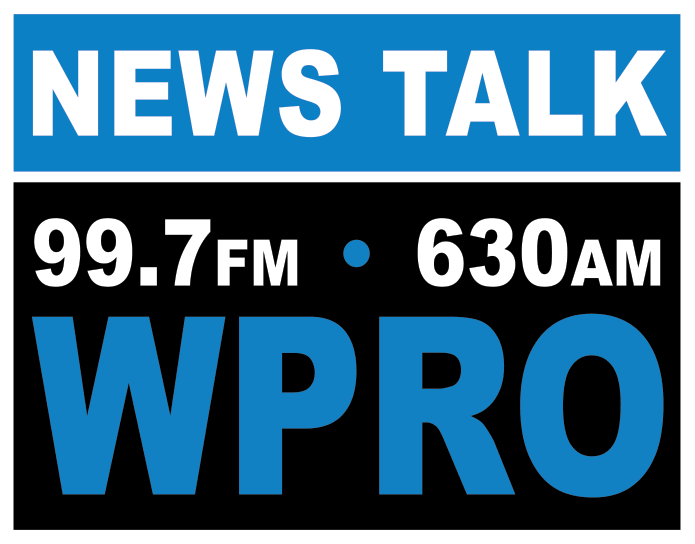
The Associated Press
A review of state inspection reports of a critical Rhode Island bridge that was partially shut down over safety concerns, resulting in major traffic headaches, led authorities to believe that “something catastrophic” happened since July that broke a support rod, the state’s director of transportation said Wednesday.
State authorities described the problem as a critical structural failure. The bridge carries Interstate 195 over the Seekonk River from Providence to East Providence and serves as a key gateway to Providence, the state’s largest city. The bridge carries close to 100,000 vehicles every day.
“Our engineers are telling us that very evidently there was some kind of load imposed that created a kind of catastrophic failure in these supports,” Peter Alviti said at a news conference about the Washington Bridge, showing before-and-after photos of the damage.
Travel conditions were improving Wednesday after the sudden westbound closure late Monday afternoon, which stranded commuters for hours and sent others veering off their normal path. Some schools closed and held classes remotely.
“What’s normally a morning commute time of a 40-to-45-minute drive was 4 1/2 hours,” John Marion, executive director of Common Cause Rhode Island, said of his commute Tuesday. He was able to work from home on Wednesday.
The repair work could take months. Traffic was being redirected to two lanes on the eastbound side for now. Bypass lanes for westbound traffic on the eastbound side will open this weekend, and the Transportation Department was working on setting up a ferry service and a bus shuttle.
Alviti warned of the bridge’s poor condition in a 2019 grant application to rehabilitate the bridge and make improvements to traffic flow, writing that it was “nearing a permanent state of disrepair.”
Constructed in 1969, the westbound portion of the Washington Bridge was rated as “poor” according to the Federal Highway Administration’s National Bridge Inventory released in June.
The overall rating of a bridge is based on whether the condition of any one of its individual components — the deck, superstructure, substructure or culvert, if present — is rated poor or below.
In the case of the westbound portion of the Washington Bridge, inspectors rated the deck and substructure as “satisfactory.” However, an AP analysis of historic Federal Highway Administration’s National Bridge Inventory data shows the superstructure, or the component that absorbs the live traffic load, has almost consistently been rated “poor” since 1990.
The bridge has an inspection frequency of 24 months, according to federal data. State officials said it was last inspected in July.
“Public safety is paramount. There are lots of moving parts here and we will ensure the federal government does its part to assist Rhode Island with getting this bridge repaired and reopened,” the state’s congressional delegation said in a statement Tuesday.
U.S. Sens. Jack Reed and Sheldon Whitehouse and U.S. Reps. Seth Magaziner and Gabe Amo said they wrote to U.S. Transportation Secretary Pete Buttigieg urging the government to free up existing funding that could accelerate completion of the emergency work on the bridge.
The delegation also urged technical assistance from the federal government to optimize work on faster repairs, lane shifts, detour design and shuttle buses.












